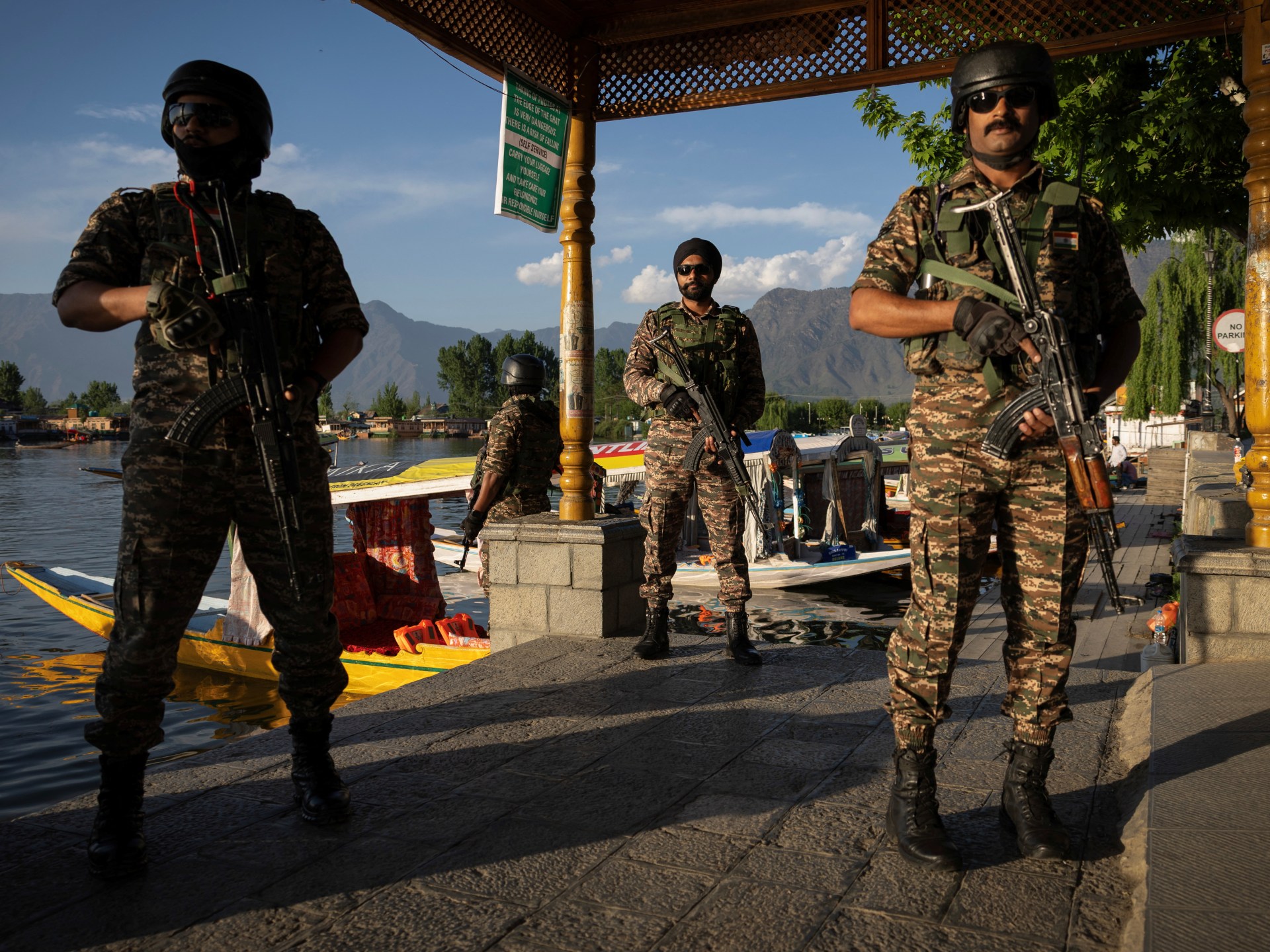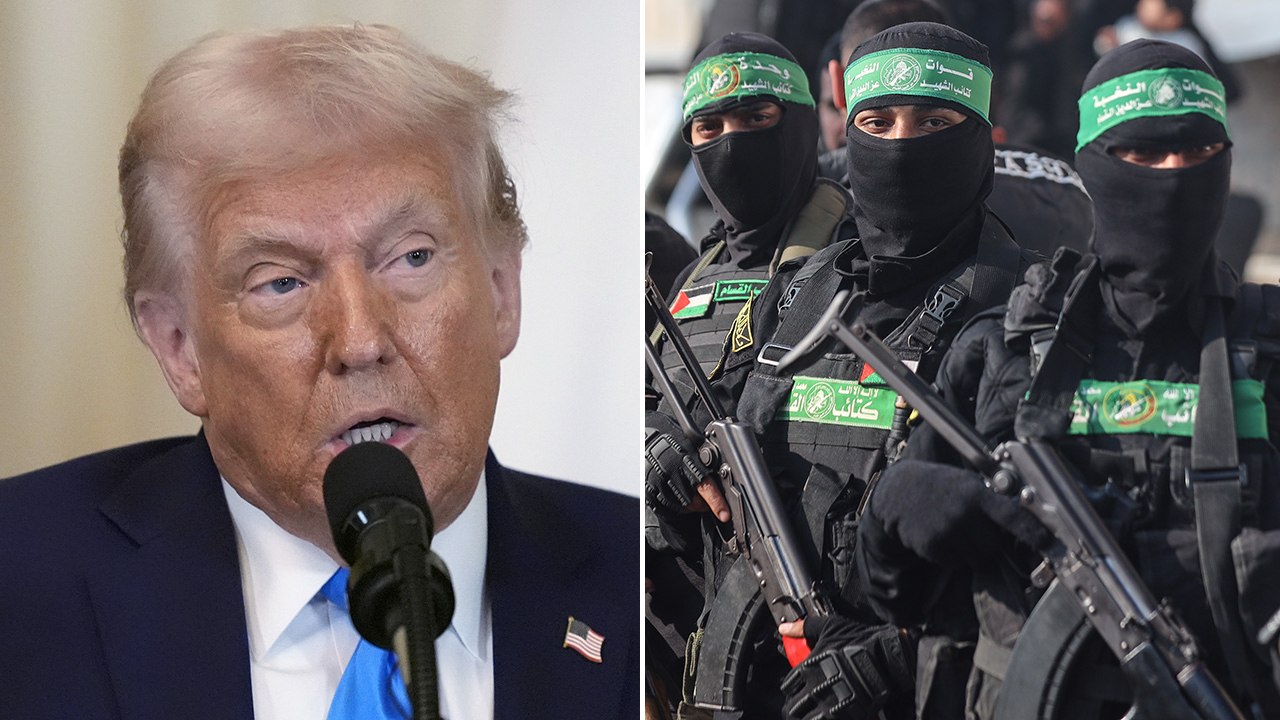Pakistan has called for a “neutral” investigation into the killings of tourists in Indian-administered Kashmir that New Delhi has blamed on Islamabad, saying it was willing to cooperate and favoured peace.
India has identified two of the three suspected attackers as Pakistani, though Islamabad has denied any role in the attack on Tuesday that killed 25 Indians and one Nepali national.
“Pakistan is fully prepared to cooperate with any neutral investigators to ensure that the truth is uncovered and justice is served,” said Pakistan’s interior minister, Mohsin Naqvi, on Saturday.
“Pakistan remains committed to peace, stability and the following of international norms but will not compromise on its sovereignty,” he told a news conference.
Pakistan’s Prime Minister Shehbaz Sharif said, “The recent tragedy in Pahalgam is yet another example of this perpetual blame game, which must come to a grinding halt.”
India’s Prime Minister Narendra Modi has pledged to pursue the attackers to “the ends of the earth” and said that those who planned and carried it out “will be punished beyond their imagination”.
Meanwhile, calls continue to grow from Indian politicians and others for military retaliation against Pakistan.
After the attack, India and Pakistan unleashed a host of measures against each other, with Pakistan closing its airspace to Indian airlines, and India suspending the 1960 Indus Waters Treaty that regulates water-sharing from the Indus River and its tributaries.
The two sides, who both fully claim Kashmir while partly governing it, have also exchanged fire across their de facto border for two straight days after four years of relative calm.
The Indian Army said it had responded to “unprovoked” small arms fire from multiple Pakistan Army posts that started around midnight on Friday along the 740km (460-mile) de facto border separating the Indian and Pakistani areas of Kashmir. It reported no casualties.
Pakistan’s military has not yet commented on the exchange of fire.
Maleeha Lodhi, a former Pakistani diplomat, told Al Jazeera that there was “a sombre mood” in Pakistan with a great deal of apprehension about what might happen next.
Lodhi said, “The nuclear neighbours are on the brink of a more dangerous confrontation, so there are fears, especially because of speeches by Prime Minister Modi as well as the Indian media.”
The former ambassador stressed that, due to this rhetoric, there is a fear that India might take “kinetic action” against Pakistan.
“That would mean a very strong, robust response from Pakistan,” she said.
“So, the fear and the apprehension are really focused on the fact that we could be on the threshold of a full-blown crisis,” Lodhi concluded.
Indians living in Jammu and Kashmir’s border village R S Pura have also begun cleaning out community bunkers as diplomatic tensions with Pakistan escalate.
“We are the residents of border areas. Whatever happens in India, our areas will be the first to be affected,” resident Balvir Kaur told the Reuters news agency.
“We are preparing ourselves so that we are ready if anything happens. The Indian government would not need to think whether its people living in the borders are safe. We do not want to be a burden for them.”
In an editorial published on Saturday, Pakistan’s Dawn news outlet said, “It is time again to give diplomacy a chance as neither Pakistan nor India can afford war.”
The editorial added that “these are dangerous times in the subcontinent, and there is a need for both Pakistan and India to show restraint, and handle the post-Pahalgam developments with sense.”
Meanwhile, Indian security forces have continued their hunt for the suspects and have demolished the Indian-administered Kashmir houses of at least five suspected rebels, including one they believe took part in the latest attack.
Pieces of broken glass littered the site of one such house in Murram village in Pulwama district on Saturday. Locals said they had not seen Ehsan Ahmed Sheikh, a suspected fighter whose house was destroyed, in the past three years.
“Nobody knows where he is,” neighbour Sameer Ahmed told Reuters.
“Ehsan’s family have lost their home. They will suffer for this, not him.”
But citing “interest of national security”, Indian authorities have declared a ban on live coverage of the large-scale military and security operations.




